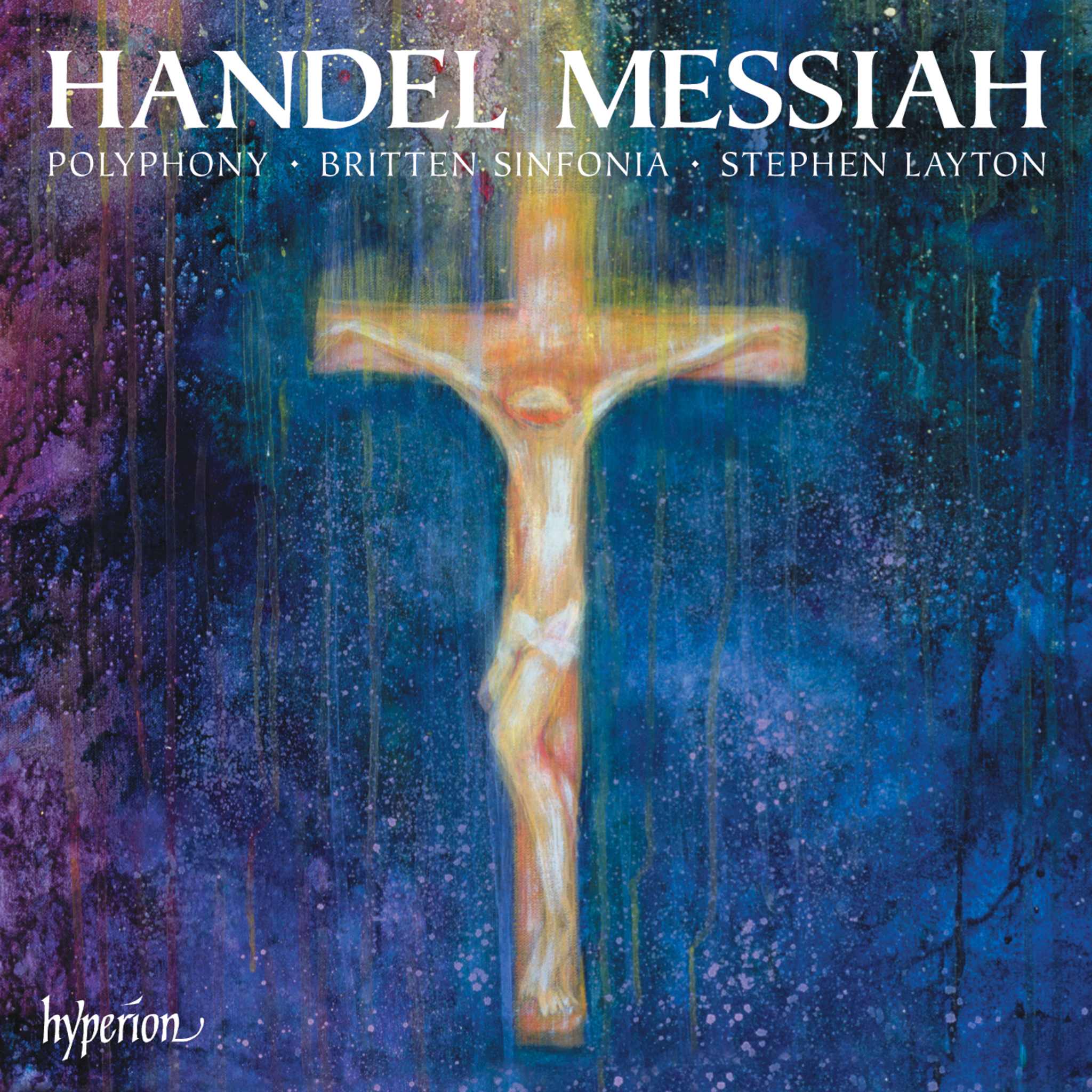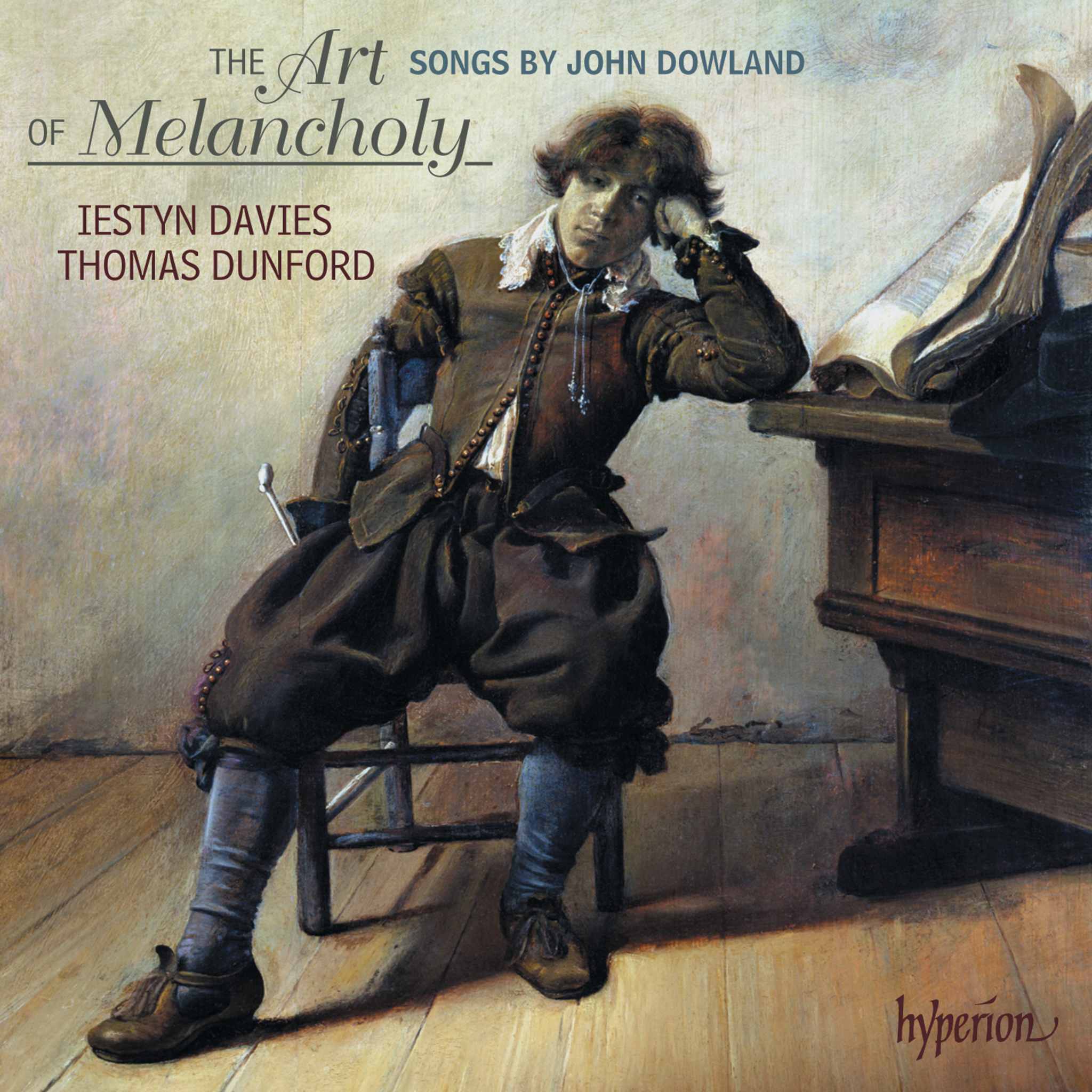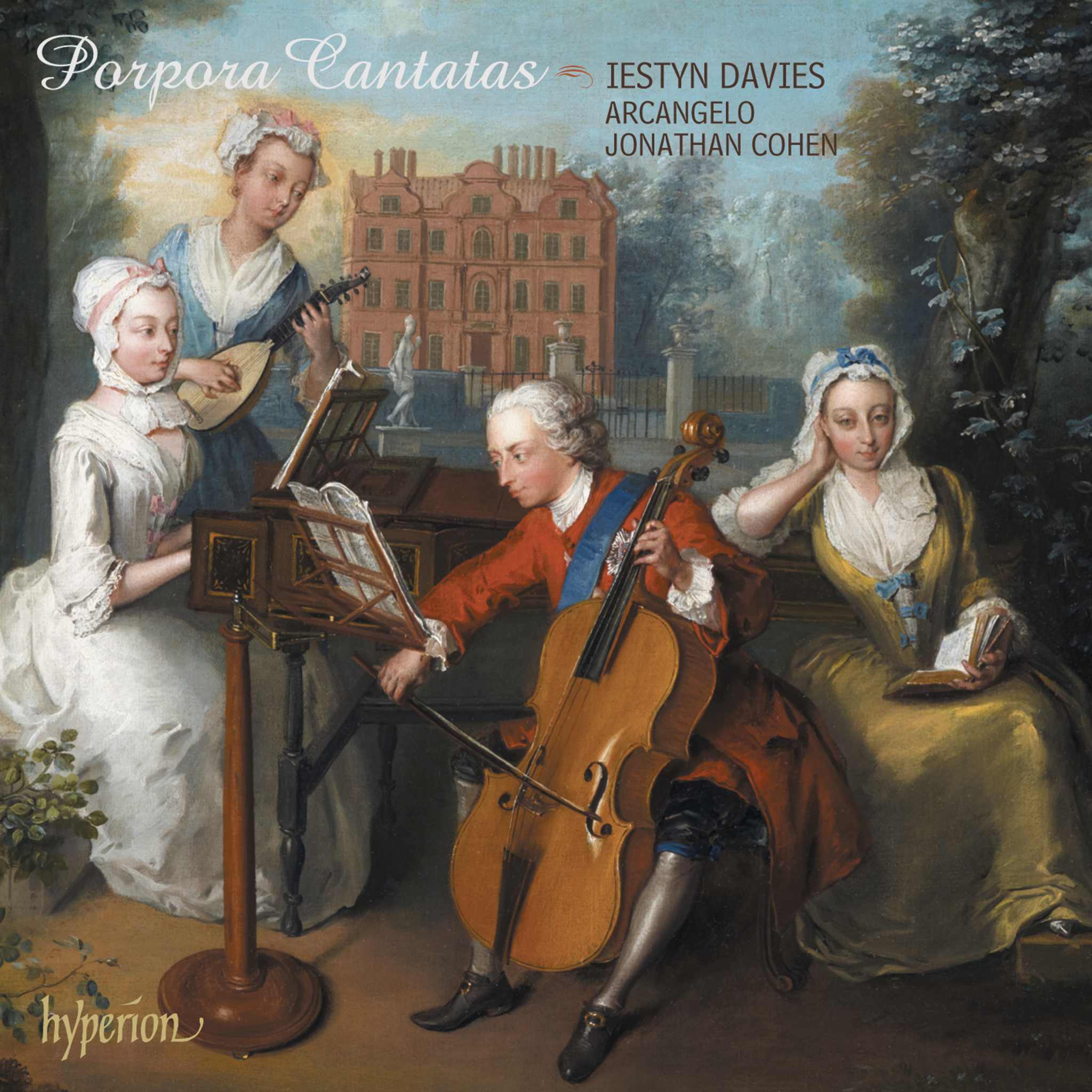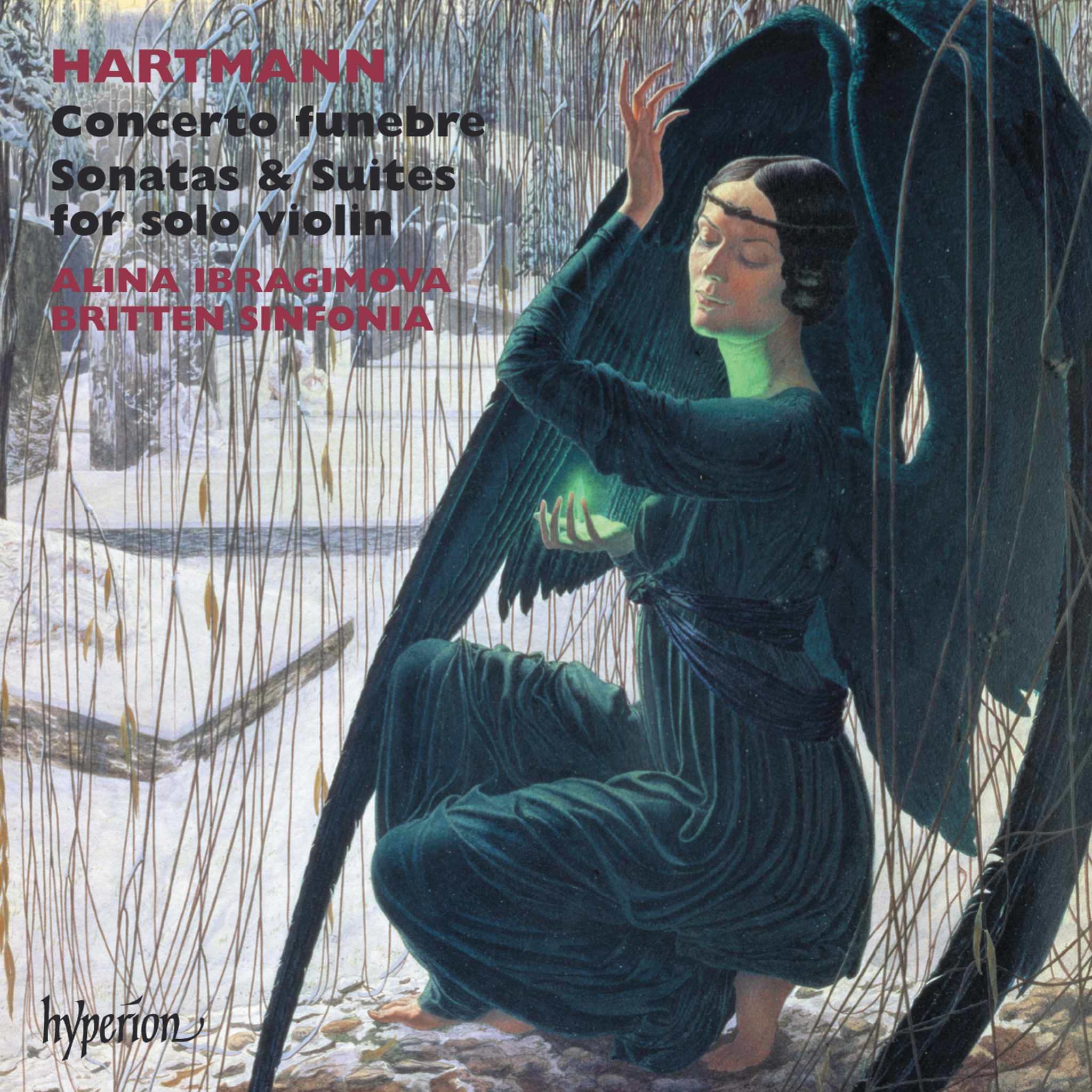Album insights
Pierre Villette, who was born into a musical family in 1926, created around 80 musical pieces during his lifetime, focusing on smaller works for orchestra, chamber ensembles, and choir. Despite studying alongside Pierre Boulez at the Conservatoire National Supérieure de Musique in Paris, Villette opted for his unique composition path, drawing inspiration from ancient music like Gregorian chants and the exotic textures of Poulenc and Messiaen. Admiring Debussy's music, loving Fauré's melodies, and holding Stravinsky in high regard, Villette crafted his distinctive musical language, described by Stephen Layton as both spiritual and sensual.
Raised in a family of musicians, Villette's early influences stemmed from his father, Henri, a multi-talented musician and composer, who fueled his son's passion for music. From a young age, Villette engaged with music through singing and playing the organ, showcasing exceptional talent that led him to pass the Paris Conservatoire entrance exam at just 15 years old. Interrupted by the Nazi occupation of France, Villette temporarily moved back to Normandy, only to return to the Conservatoire after Paris was liberated in 1944. Studying composition under Henri Busser, Villette created impactful motets such as Ave verum and Salve Regina, emphasizing chromatic harmonies to enhance textual significance and emotional depth.
While Villette faced interruptions in his musical career, notably due to his father's passing in 1948, he continued composing through personal challenges, even amid health complications that led to lung surgery. His compositions varied from the jazz-infused harmonies of O salutaris hostia to the orchestral Blues piece, showcasing a blend of influences and a unique musical identity. Transitioning to roles as a conservatory director, Villette's academic tenure began in Besançon in 1957, where he crafted impactful choral works like O sacrum convivium, influenced by Messiaen's style. His compositions evolved over the years, reflecting a deep connection to his faith and personal experiences, culminating in intricate motets praised for their complex textures and emotional depth.
Leaving his mark as a respected music educator, Villette's compositions gained international recognition, particularly through collaborations with British choirs. Despite facing acclaim abroad, Villette's music found limited appreciation in France, a fact that slightly disappointed the composer. His music resonated strongly with audiences worldwide, with pieces like Hymne à la Vierge performed at prestigious events like the Nine Lessons and Carols service at King's College, Cambridge. Villette's legacy endures through his evocative compositions, cherished by performers and listeners globally, a testament to his enduring musical impact.












